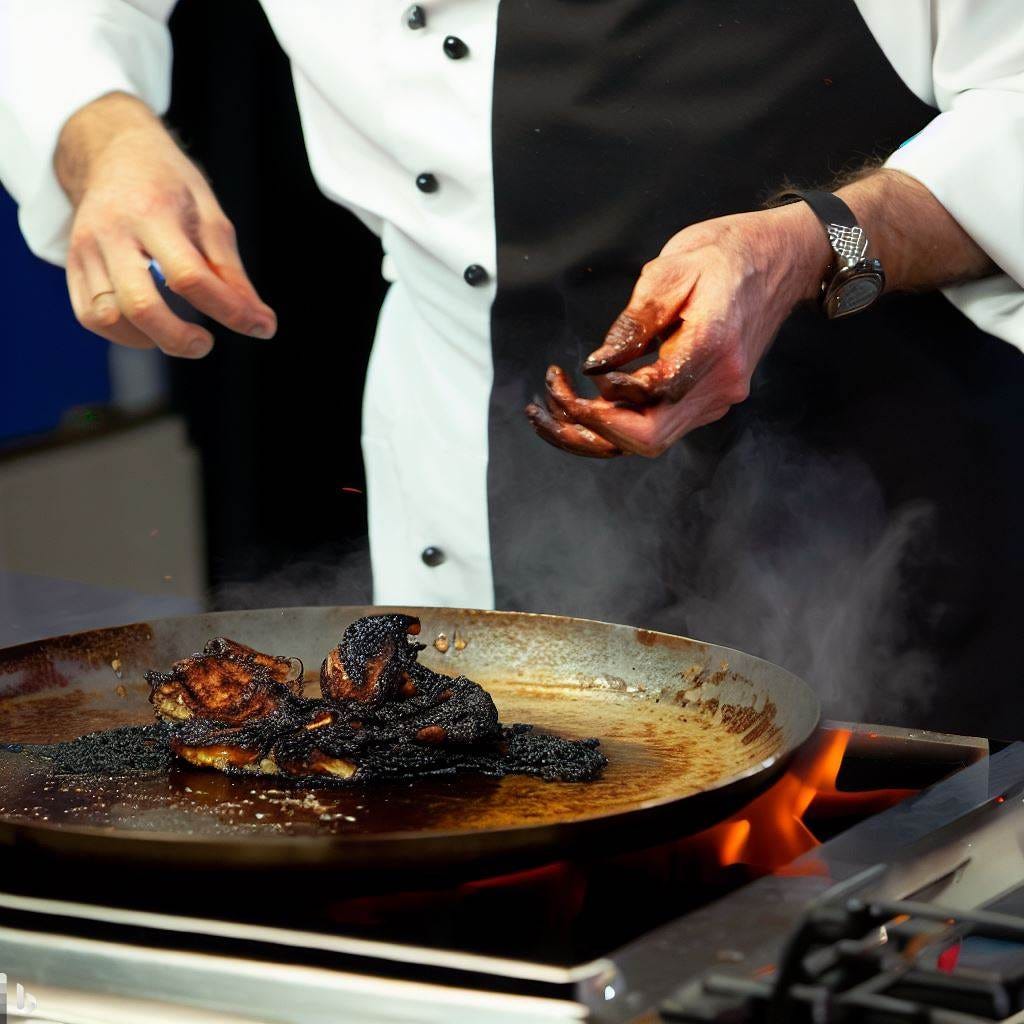Why investing in markets is like cooking
If you want to become a good investor, the most important thing to do is to start practising and getting feedback from the market and keep refining your process.
In a recent interview, value investor Bill Miller narrated an incident that happened right after the tech bubble burst in 2000. Bruce Greenwald, the famous professor at Columbia University's Graduate School of Business and an authority on value investing, blasted Miller in a large public gathering.
This is what Miller had to say about the incident. “Bruce got up and proceeded to berate me and said I wasn't a value investor. He didn't know why I was even invited to that (the event). And anybody who could own Amazon didn't know what they were doing. And he proceeded to explain to the whole audience about how Walmart will put Amazon totally out of business... And to Bruce's credit, a few years later, (at the Columbia Business School’s annual) Graham and Dodd Breakfast, Bruce had to say this when Amazon really took off. There's a lesson for this, which is, that when a professor tells you that something is not going to work based on his theories about how things work and a professional investor who's got real money on the line takes the opposite position, go with the investor who's got real money on the line.”
In another interview, Seth Klarman, another famous investor while discussing investing said that one can’t learn to ride a horse by watching a horse from a distance.
Becoming a Good Investor
These two help reinforce the idea that it is important to be a doer versus a talker in the markets. I have always said that the biggest determinant of investing success is psychology; no amount of reading books or learning from afar is going to help when the market circuits down or up.
If you want to become a good investor, the most important thing to do is to start practising and getting feedback from the market and keep refining your process. Another critical point is to follow those investors whose style gels with your own and who have demonstrated success over a reasonable period of time. It is best not to fall for glib talk from finfluencers on YouTube or the media. Talk is cheap. Sustained performance is what really matters. This is also one of the reasons why SEBI is nowadays cracking down on tipsters on social media. It is up to us to choose who to learn from. Today we have the opportunity to learn from many great and accomplished investors through podcasts, YouTube, blogs and of course books that there is no need to even look at finfluencers with no proven track record.
Investing is a lot like cooking, though slightly more complex and difficult. Think about cooking. You have a few ingredients and a process which is not fixed but depends on you, the cook. Most of the time the quantities of ingredients used would vary from day to day. The quality of the ingredients makes a difference to the dish and it is not always in your control. Just like studying about or watching MasterChef on TV will not help you cook like one, similarly reading Warren Buffett, Charlie Munger, Peter Lynch and others will not make you invest like them.
Investing is a lived skill, not a learned one. The availability of information today, especially on social media, is so much that people tend to get a feeling of expertise just by repeated exposure. However, this is not the same as actually investing and gaining experience.
Exactly Like Cooking
Always remember that you can’t be a great cook by reading one more cookbook or watching one more cookery show. You have to go to the kitchen and actually do it. And exactly like cooking, you can never say you have completely mastered cooking even if you are a master chef, because there are an infinite number of dishes and a culinary disaster is just one burnt pan away.
It is like if you watch a cookery show about making an omelette every day for six months. You might start to feel like an expert, but you may not even know how to light the gas stove. Making a great omelette is not easy. There are many factors to consider, such as how hot the oil should be, how much to beat the eggs, how much salt to add, how long to fry each side, and when to flip. None of this can be learned from watching videos. You need to live through it, experiment with it, and then slowly after a few times you will get a hang of it.
The same thing applies to investing. Repeated exposure to investment discussion provides an illusion of knowledge. However, investing is a "lived" skill. It is something that you learn by doing. The legendary trader Paul Tudor Jones once said, "This skill is not something that they teach in business school. I get very nervous about the retail investor, the average investor, because it's really, really hard. If this was easy, if there was one formula, one way to do it, we'd all be zillionaires."
So, if you want to be a successful investor, you need to get out there and start investing. You need to learn by doing. You need to make mistakes and learn from them. You need to experience the ups and downs of the market. Only then will you truly understand investing and be able to make sound investment decisions.




